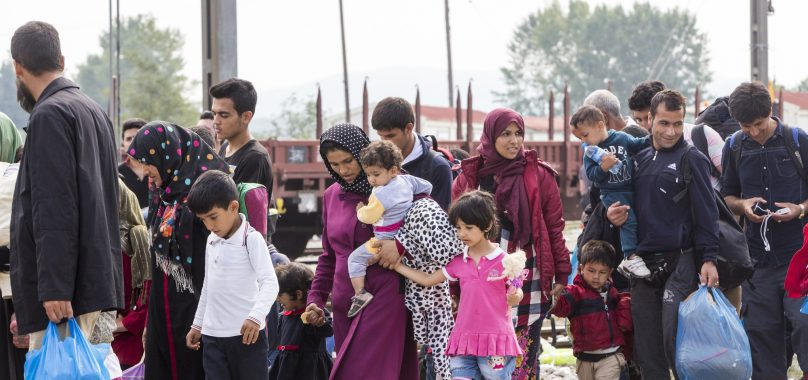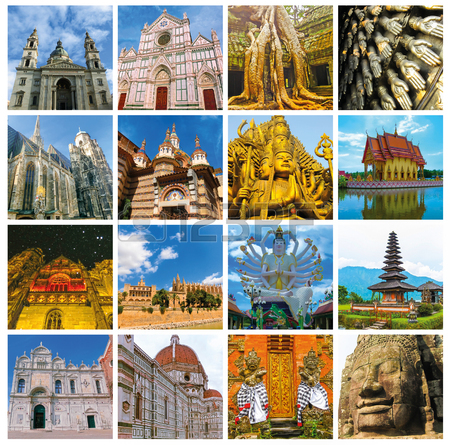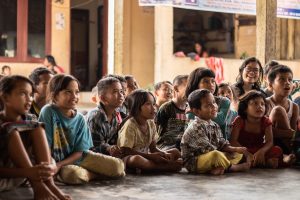 Civilians bear the brunt of the suffering in war. Of the big number of war victims, the most often neglected are children.
Civilians bear the brunt of the suffering in war. Of the big number of war victims, the most often neglected are children.
Orphans throughout the world face many challenges: Malnutrition, starvation, disease, and decreased social attention. As the most vulnerable population on planet Earth, they have no one to protect them and are most likely to suffer from hunger, disease, and many other problems.
In recent decades, the proportion of civilian casualties in armed conflicts has increased dramatically and is now estimated at more than 90 per cent. About half of the victims are children.
An estimated 20 million children have been forced to flee their homes because of conflict and human rights violations and are living as refugees in neighbouring countries or are internally displaced within their own national borders.
More than 2 million children have died as a direct result of armed conflict over the last decade.
More than three times that number, at least 6 million children, have been permanently disabled or seriously injured.
More than 1 million have been orphaned or separated from their families.
Between 8,000 and 10,000 children are killed or maimed by landmines every year.
An estimated 300,000 child soldiers – boys and girls under the age of 18 – are involved in more than 30 conflicts worldwide. Child soldiers are used as combatants, messengers, porters, cooks and to provide sexual services. Some are forcibly recruited or abducted, others are driven to join by poverty, abuse and discrimination, or to seek revenge for violence enacted against themselves and their families.
Sadly, however, they rarely receive the time, attention, and love for optimal social and personal development. Research reveals that children growing up in an orphanage experience emotional, social, and physical handicaps. Without a doubt, the best place for a child to grow up is in a stable family with a loving father and mother.
Source: Text: keepincalendar.com Image: Unsplash (free download)

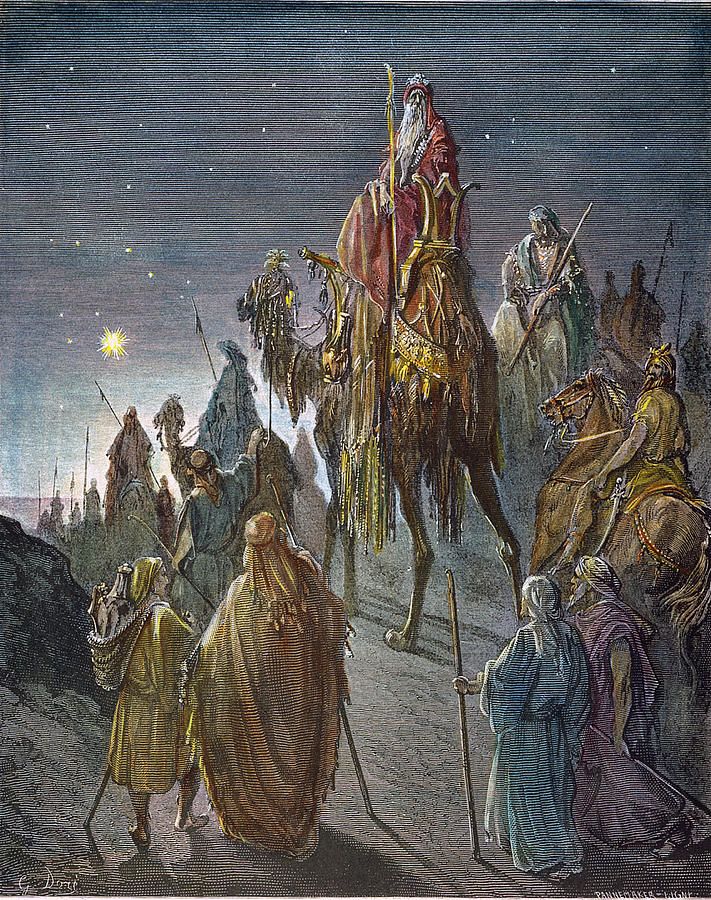
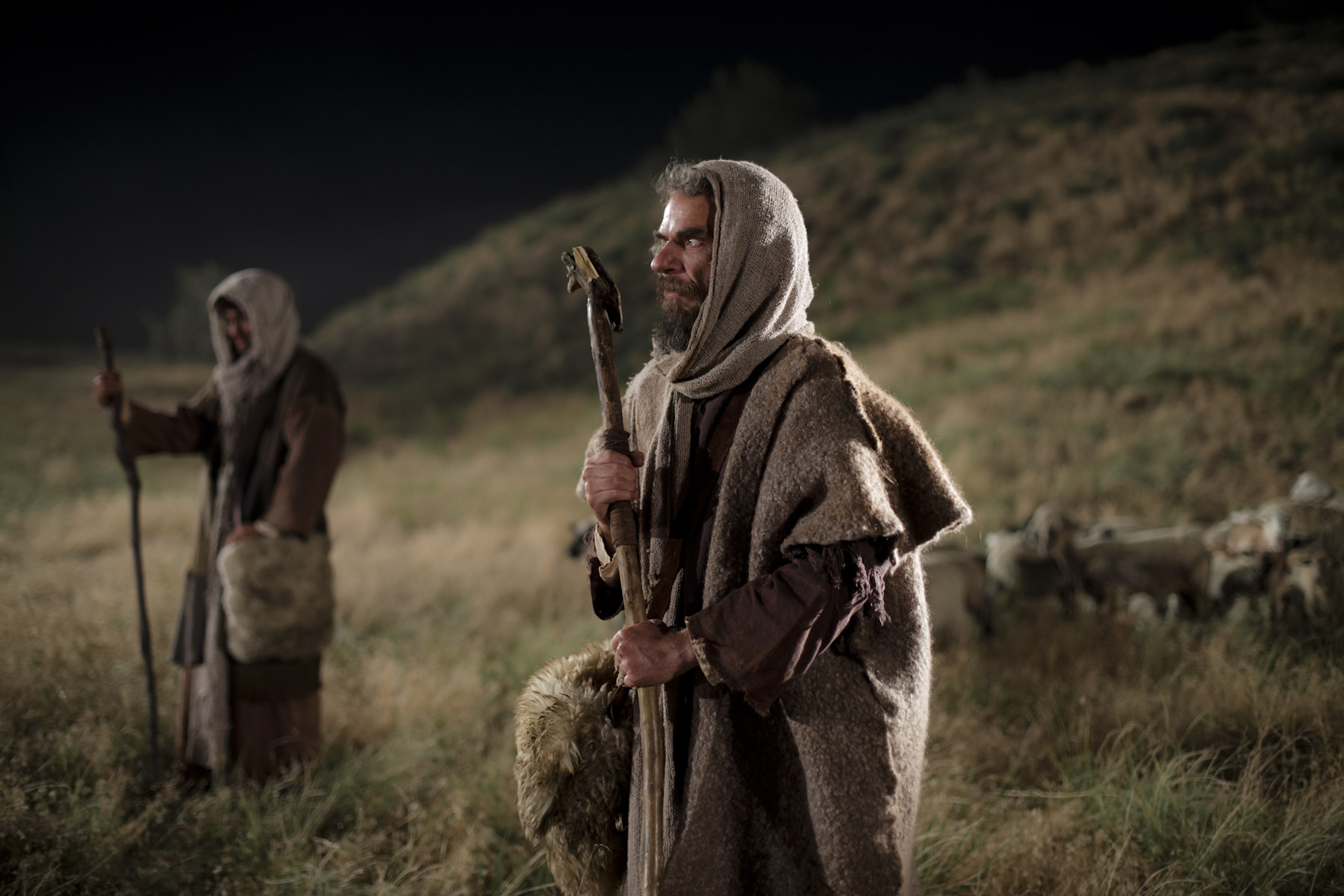
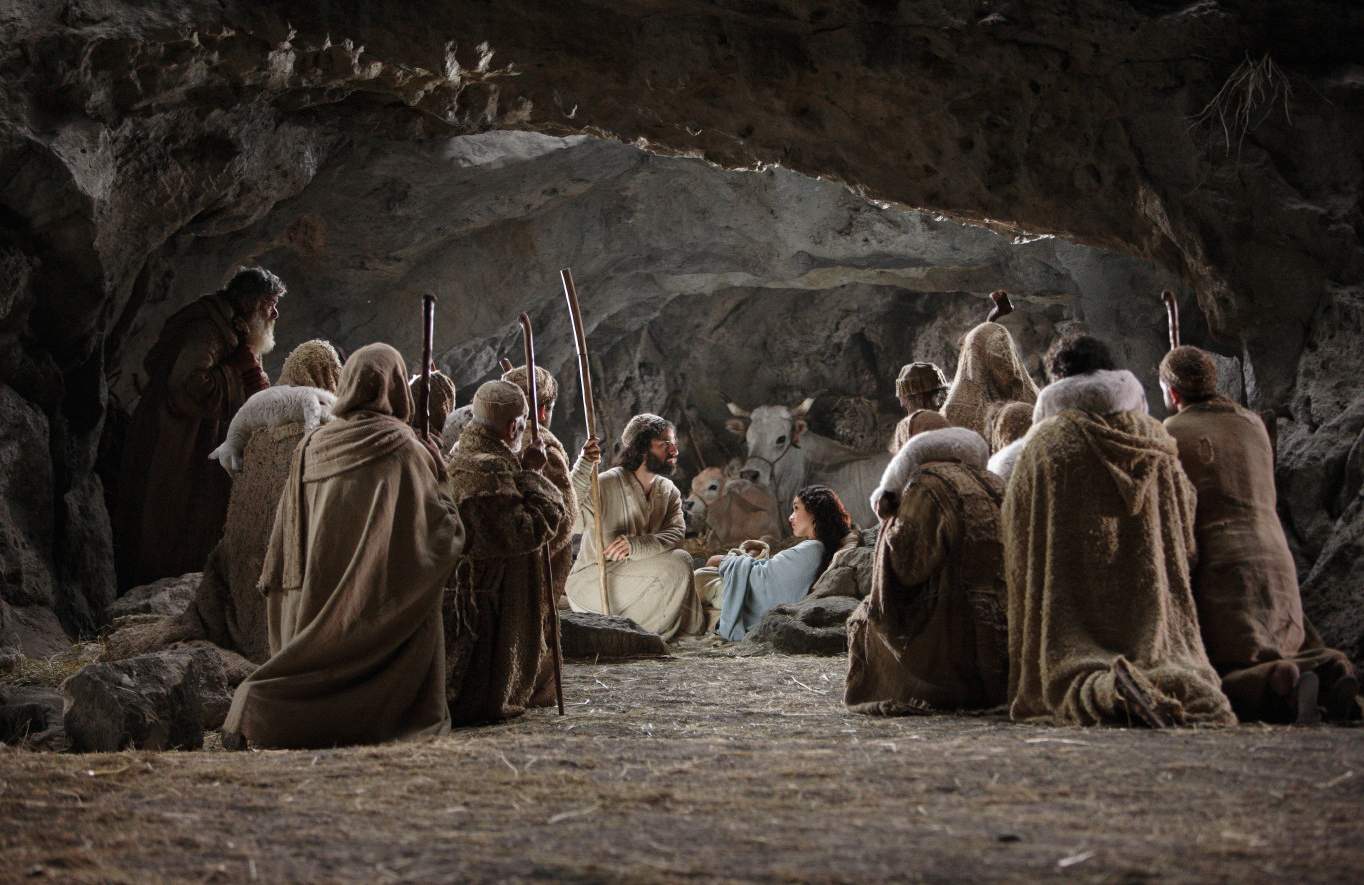 Ordinary people making the experience of an extraordinary event.
Ordinary people making the experience of an extraordinary event.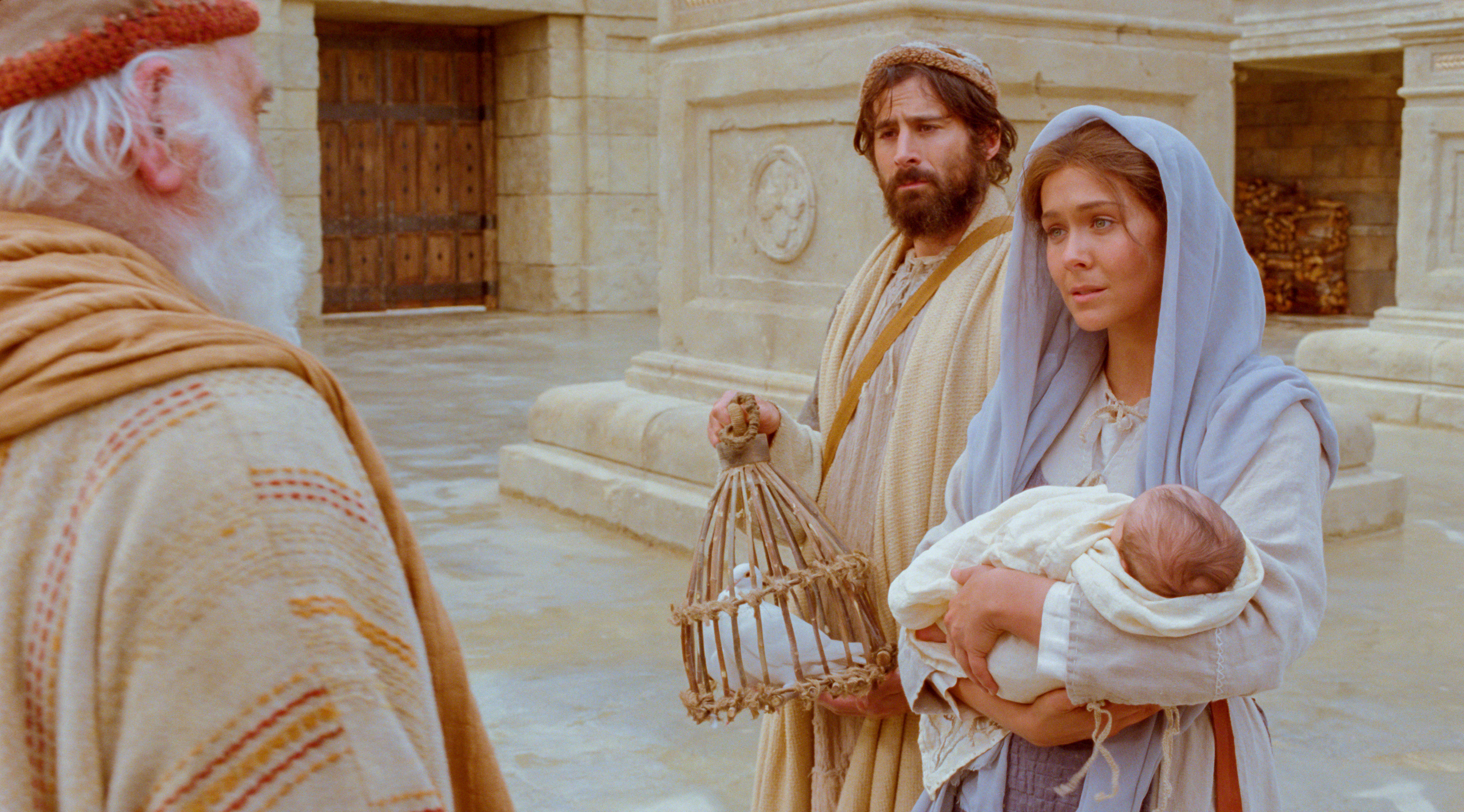
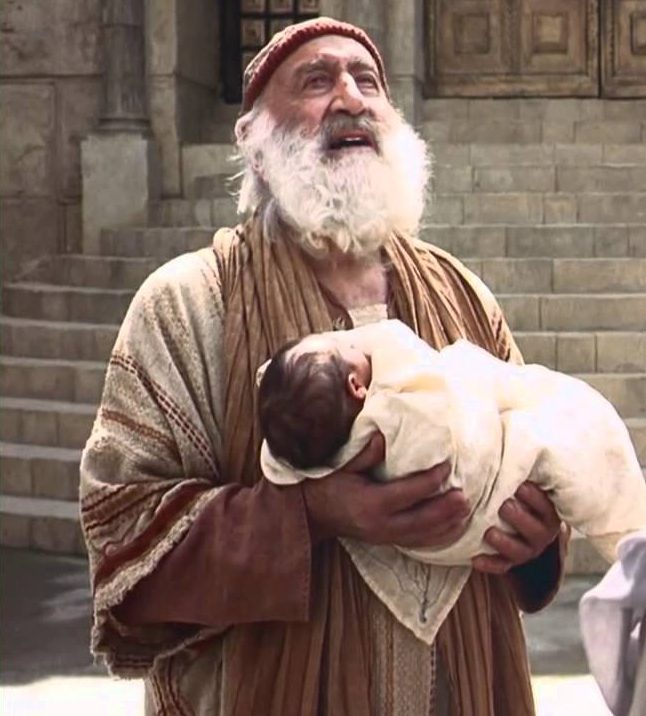
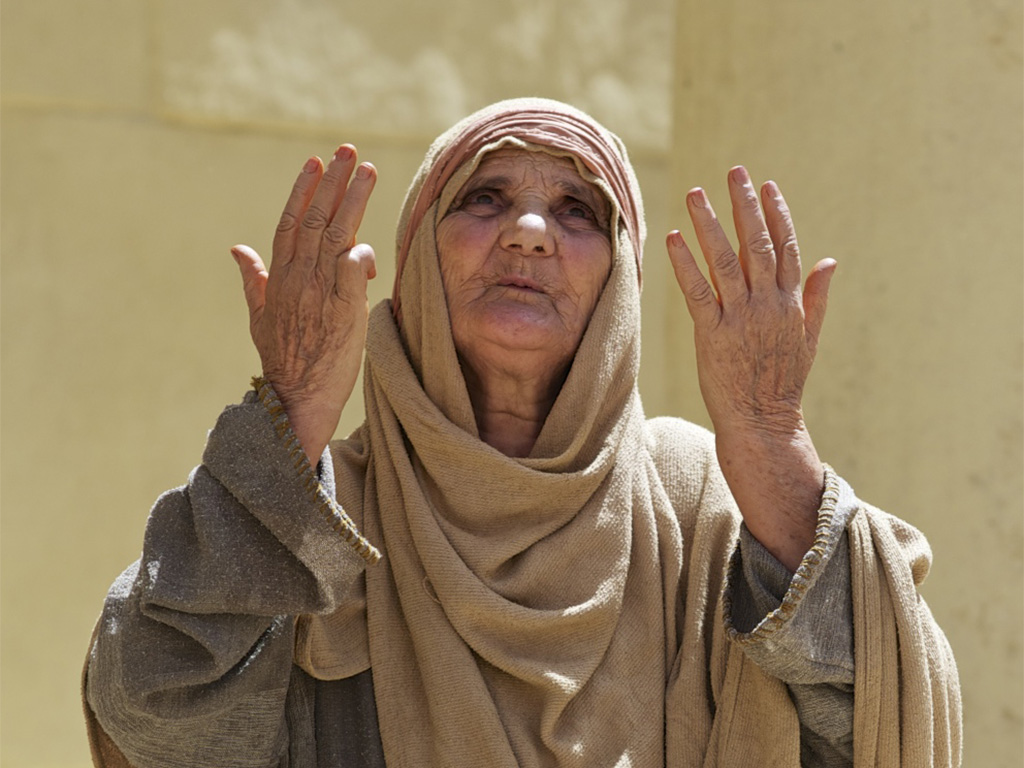
 When a baby is born, people look at the child and wonder…
When a baby is born, people look at the child and wonder…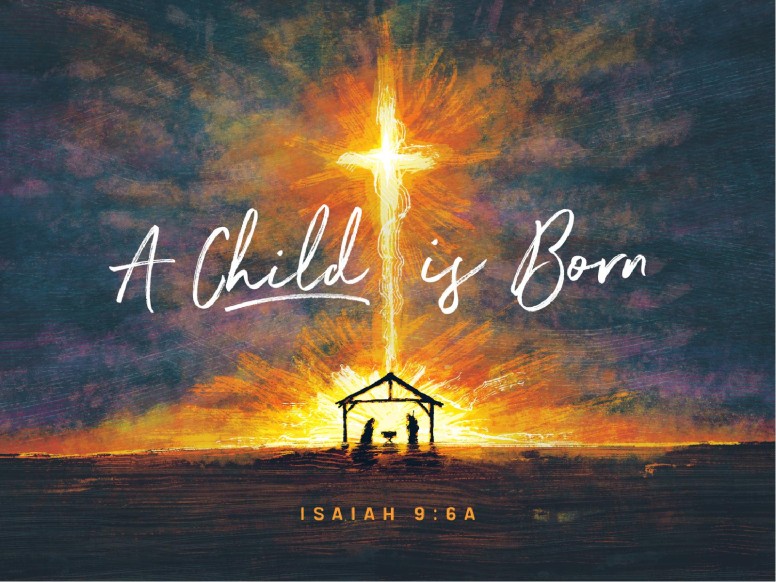

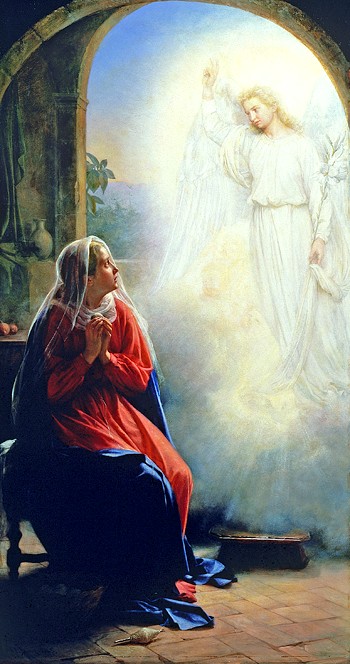
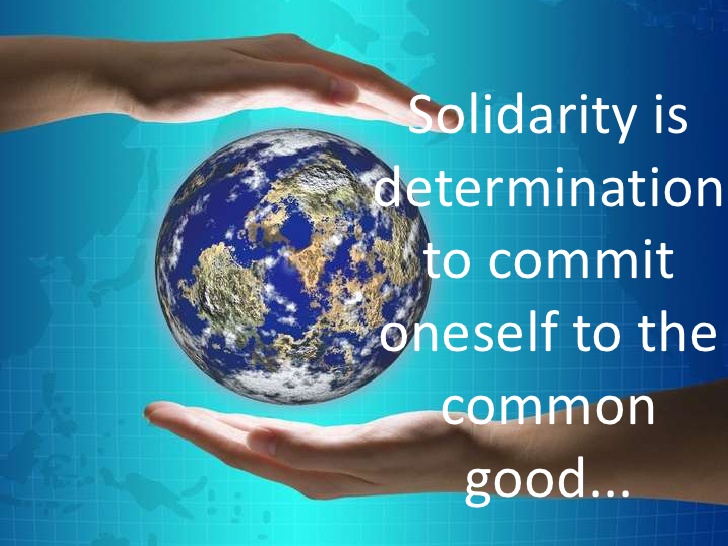 The United Nations’ (UN) International Human Solidarity Day is annually held on December 20 to celebrate unity in diversity. It also aims to remind people on the importance of solidarity in working towards eradicating poverty.
The United Nations’ (UN) International Human Solidarity Day is annually held on December 20 to celebrate unity in diversity. It also aims to remind people on the importance of solidarity in working towards eradicating poverty.